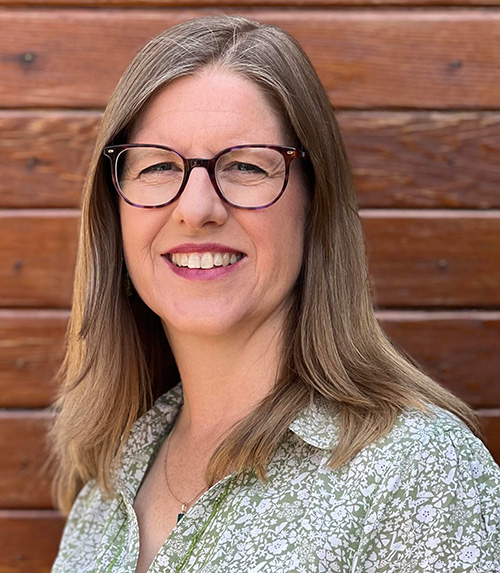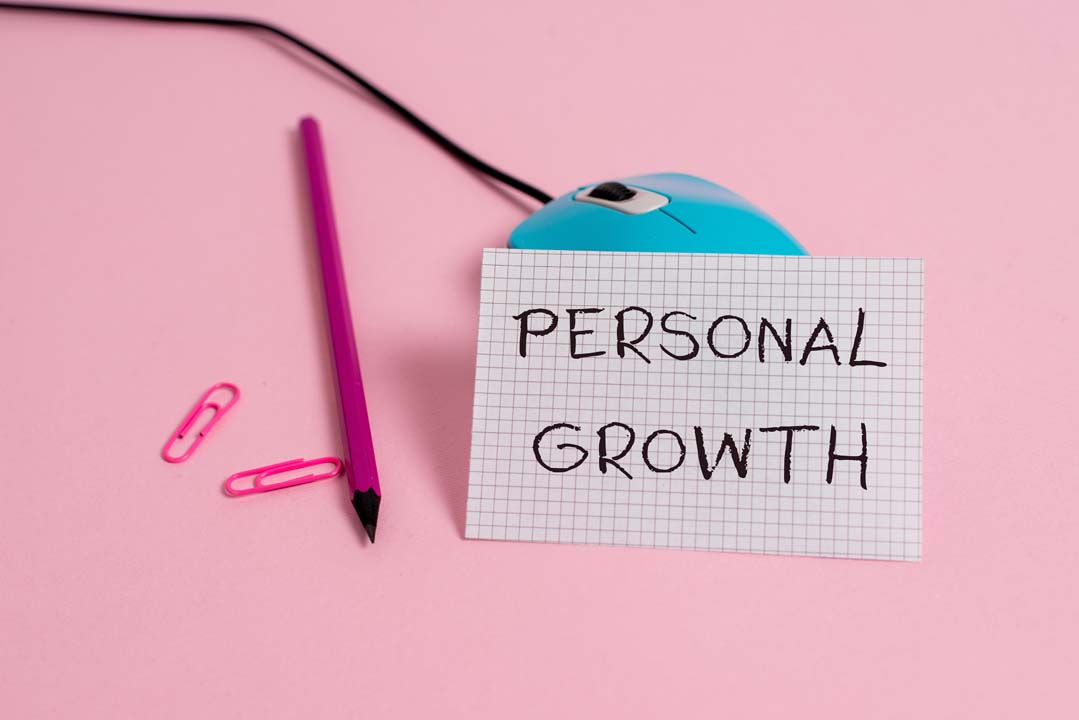Expertise, outsourcing and feedback – Michelle Parry-Slater explores what she has learnt from running her own business
I have been running my own business for over eight years. Usually after about three years in a role I’m ready for a change of job; I get a bit bored. The joy of running my own show is the variety – I can never be bored. I am constantly working with new clients and on new projects. Over these years no three have been the same, so I never get the itchy feet!
I’ve needed to gain expertise in entirely new areas
Self-employment is not for everyone; you have to have a comfortable relationship with risk and feel happy with the ebbs and flow of income. I’ve been pondering the changes in my work over these self-employed years and what learning might be useful to share? Who else would care about survival in times of constant change? Oh, yeah, right, that is everyone’s reality right now! With three prime ministers and chancellors in as many weeks, we can confidently say that change is the new normal.
Being an expert L&Der is not enough to go it alone. I was taught that it’s good business sense is to ‘stick to your core business’ so I’ve focused on my core business and bought in support for the skills I lack or cannot learn fast enough. Finding experts has come through trusted recommendations, noticing good work then having good conversations, and to some extent, trial and error.
I’ve needed to gain expertise, or at least understanding, in entirely new areas to be successful in business. I’ve had to learn a whole new language when it comes to accounts, and as my accountant will tell you, I am still very reluctant.
Find the right experts
My first accountant was advertised in a local magazine and, after some enquiries with others, I hired them. I made it clear at our first meeting that I knew nothing about accounts, and I would not ask the right questions. I needed them to guide me on everything. I asked if I needed to register for VAT and after some discussion around turnover they didn’t sign me up for VAT. A year later at a local business network, an accountant gave a presentation on VAT and I discovered VAT registration could have been useful to me. When challenged, my accountant said I hadn’t asked if VAT registration would be useful to my business, I asked if I needed to register for VAT. We parted ways immediately.
Here I learnt that when you outsource to experts you absolutely have to know they are on your side and have your back in all aspects of your work. They need to work on the detail and understand where that work fits into the bigger picture. Trusted partners are critical friends, they will challenge your assumptions and they will ensure excellence across all parts of your business, not just the routine and obvious.
This all loops into feedback. As a self-employed person it can be hard to get good feedback. And by good, I mean useful. Often you will get “that was great, thanks”. Such platitudes are not useful as it’s details you need and a discussion with a critical friend. Your suppliers – accountants, marketers, admin assistants – can all play a vital role in giving you real feedback. Feedback on your processes, your timeliness, your organisational skills – these are all useful as these people experience you like your customers. If you are unorganised, unpunctual and messy you need to know! My trusted partners make my business better. I hugely value and appreciate them.
Whatever your role in learning, employed or self-employed, building yourself a network for their expertise and challenge, along with building your own skills as a trusted partner are paramount to success. Do you challenge your customers (internal or external)? Are you a critical friend? Do you encourage people to ask the right questions, even if they may not know what those questions are? How do you offer and seek feedback around your own learning and the learning you offer others? What about assumptions you make? Your expertise doesn’t start with a learning solution, it starts with clarifying if they even need a learning solution in the first place. Or is that an assumption? I suggest you chat it over with your critical friend.

Michelle Parry-Slater, is director of Kairos Modern Learning and author The Learning and Development Handbook




